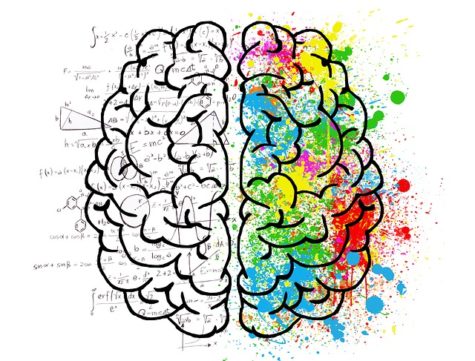
Breaking News
 Tucker shares 'backroom' info about brawl between him and Israel First crowd…
Tucker shares 'backroom' info about brawl between him and Israel First crowd…
 Why Isn't There a Cure for Alzheimer's Disease?
Why Isn't There a Cure for Alzheimer's Disease?
 US Government Revokes 80,000 Visas
US Government Revokes 80,000 Visas
 OpenAI CEO Sam Altman served legal papers during speech in dramatic on-stage ambush
OpenAI CEO Sam Altman served legal papers during speech in dramatic on-stage ambush
Top Tech News
 Goodbye, Cavities? Scientists Just Found a Way to Regrow Tooth Enamel
Goodbye, Cavities? Scientists Just Found a Way to Regrow Tooth Enamel
 Scientists Say They've Figured Out How to Transcribe Your Thoughts From an MRI Scan
Scientists Say They've Figured Out How to Transcribe Your Thoughts From an MRI Scan
 SanDisk stuffed 1 TB of storage into the smallest Type-C thumb drive ever
SanDisk stuffed 1 TB of storage into the smallest Type-C thumb drive ever
 Calling Dr. Grok. Can AI Do Better than Your Primary Physician?
Calling Dr. Grok. Can AI Do Better than Your Primary Physician?
 HUGE 32kWh LiFePO4 DIY Battery w/ 628Ah Cells! 90 Minute Build
HUGE 32kWh LiFePO4 DIY Battery w/ 628Ah Cells! 90 Minute Build
 What Has Bitcoin Become 17 Years After Satoshi Nakamoto Published The Whitepaper?
What Has Bitcoin Become 17 Years After Satoshi Nakamoto Published The Whitepaper?
 Japan just injected artificial blood into a human. No blood type needed. No refrigeration.
Japan just injected artificial blood into a human. No blood type needed. No refrigeration.
 The 6 Best LLM Tools To Run Models Locally
The 6 Best LLM Tools To Run Models Locally
 Testing My First Sodium-Ion Solar Battery
Testing My First Sodium-Ion Solar Battery
 A man once paralyzed from the waist down now stands on his own, not with machines or wires,...
A man once paralyzed from the waist down now stands on his own, not with machines or wires,...
A Smarter Person's Brain Is Simply Wired Better, Study Finds

Researchers at Goethe University Frankfurt in Germany looked at brain scans of more than 300 participants, while simultaneously consulting graph theoretical network analysis methods, to try to determine what helps form human intelligence.
Explaining how the brain's many regions interact with others to varying degrees — think of smaller social groups within broader society— the researchers more specifically sought to understand whether the wiring of certain regions was different among people depending on their level of intelligence.
"This is similar to a social network which consists of multiple sub-networks (e.g., families or circles of friends). Within these sub-networks or modules, the members of one family are more strongly interconnected than they are with people from other families or circles of friends. Our brain is functionally organized in a very similar way," the researchers explain in a university release.



